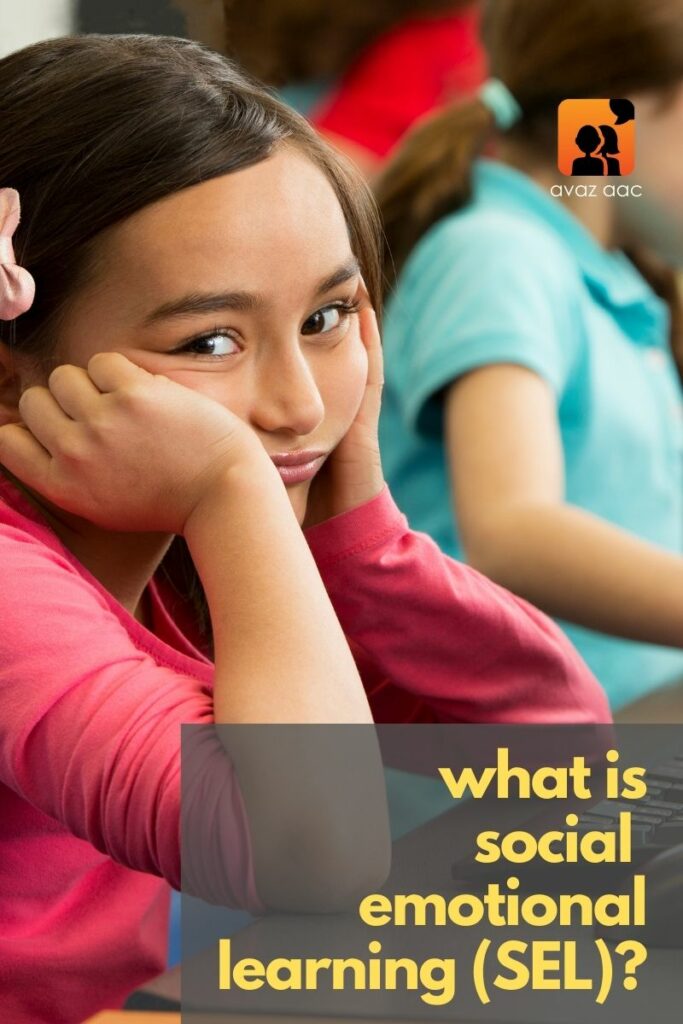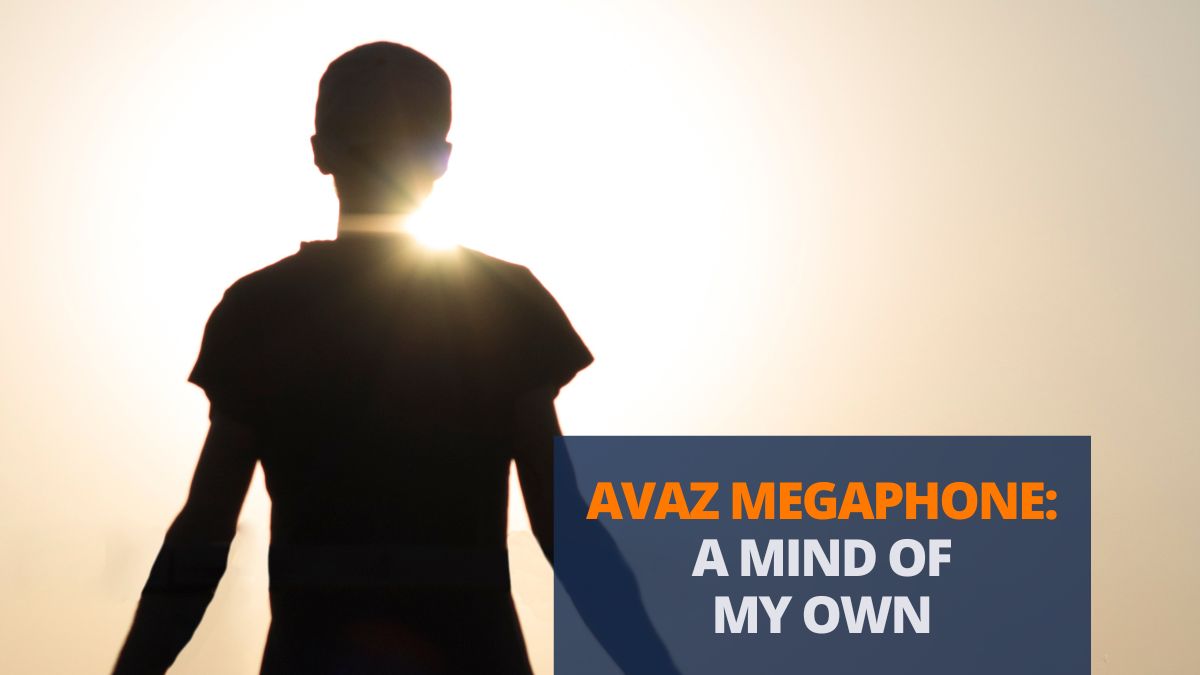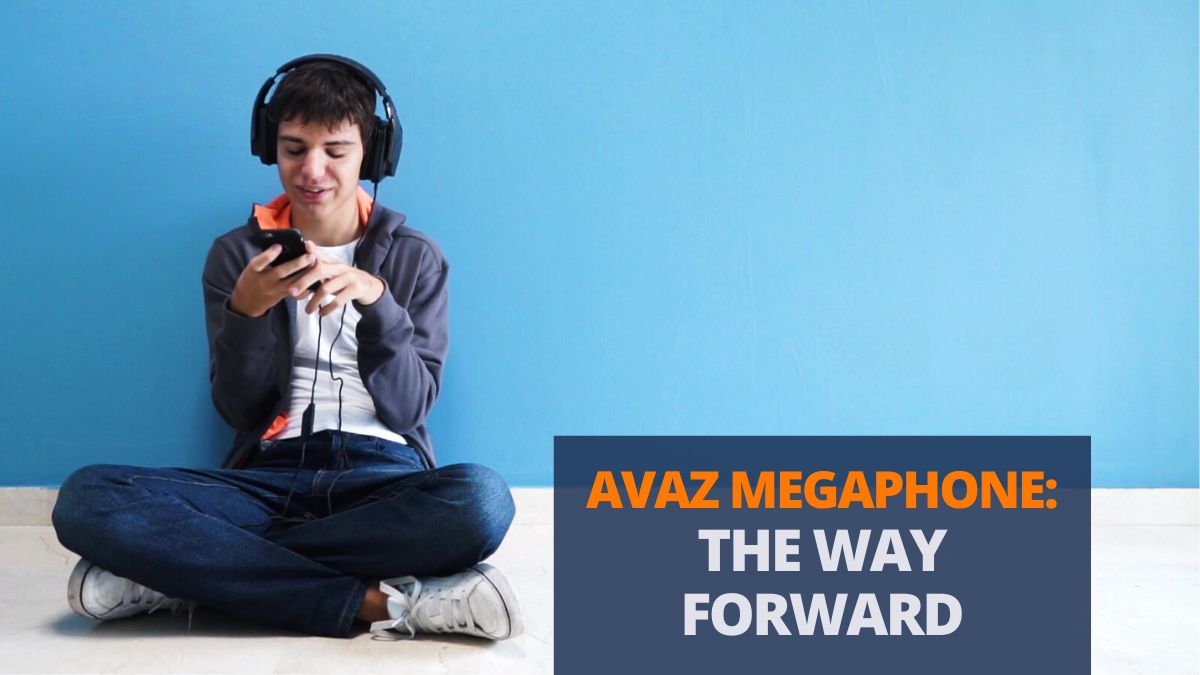Social Emotional Learning is an important part of any individual’s growth and development. This aspect has been getting a lot of attention of late. In this blog, Avaz’s resident SLP, Niveditha, brings you a closer look at what SEL is. This is Part One of a 3 part deep dive into Social Emotional Learning.
What is Social Emotional Learning?


Social Emotional learning is an integral part of education and Human development.
Social Emotional Learning or SEL, according to the Collaborative for Academic, Social, and Emotional Learning (CASEL) is the process through which children and adults acquire and effectively apply the knowledge, attitudes, and skills necessary to understand and manage emotions. It also helps to set and achieve positive goals, feel and show empathy for others, establish and maintain positive relationships, and make responsible decisions.
It is important to address the Social Emotional needs of all students for a successful classroom learning environment. This holds good especially because the demands and pressures on today’s children seems to be ever-increasing
The importance of emotional well being is equally if not more important than physical well being.
Research on Social Emotional Learning
Research shows that children who are mentally healthy tend to be happier, show greater motivation to learn, have a more positive attitude toward school. They are more eager to participate in class activities, and demonstrate higher academic performance than less mentally healthy peers (Hyson 2004; Kostelnik et al. 2015).
Children who exhibit social and emotional difficulties on the other hand tend to have trouble following directions and participating in learning activities. Compared with healthier peers, they may be more likely to suffer rejection by classmates, have low self-esteem, do poorly in school, and be suspended (Hyson 2004; Kostelnik et al. 2015).
SEL in Students with Special Needs
Social Emotional Learning is especially important for children with special needs. Students with Special Needs are identified as an at-risk population academically, socially, and emotionally.
SEL benefits them by supporting the development of a range of skills they need for school and life. This includes identifying their emotions, perspective taking, and responsibility (Arnett 2016).
According to Elias (2004), the majority of students with learning disabilities have difficulties with social relationships because of their difficulty in:
- Recognizing emotions in self and others,
- Regulating and managing strong emotions (positive and negative), and
- Recognizing strengths and areas of need.
These skills lead to a greater social emotional competence. This holds them in good stead at school and their community. It also helps later, when these students are attempting to find work and their place in society as an adult.
Special education students benefit from academics and social emotional support. Through SEL they learn skills like identifying their emotions, perspective taking, responsibility, and their role in the larger community. Students with significant needs in this area are much more likely to internalize these skills, attitudes, and values (Arnett, 2016), when they receive explicit instruction on each of these.
SEL & Disabled Adults
Social emotional problems also impact the lives of Adults with disabilities. Researchers have found that Adults with Acquired and developmental Disabilities have different Socioemotional concerns to deal with.
They have found that Adults with acquired difficulties-
- Find it difficult to adjust to new realities.
- May have limited access to communication tools/supports.
- Have difficulties adjusting to shifts in social roles and relationships.
- Face financial concerns.
- May have Guilt, anger, helplessness, loss of sense of self.
- May be unable to engage in preferred activities.
Adults with developmental disabilities on the other hand have:
- Limited access to communication tools/supports.
- Limited or no Friends.
- Strained relationships with others in the family, resulting in restricted social networks.
- Limitation in education opportunities
- Face underemployment.
- Limited recreational options.
- Risk factors that increase likelihood of abuse.
For all of the reasons cited above, it is imperative to teach these Social Emotional skills as early as possible.
WRITTEN BY
Niveditha Ryali
Speech – Language – Swallowing Therapist
I have years of experience that comes from working in NHS(UK), special schools, hospitals and private practice. My passions are working on improving Speech, Language and Swallowing skills in children and adults. I also strive to facilitate early communication in children with complex communication needs, thereby improving parent-child bonding.


Besides Avaz AAC, we provide a whole host of exciting products & services. Use the buttons below to explore Avaz!




This programme are very helpfull and thank you for sharing.